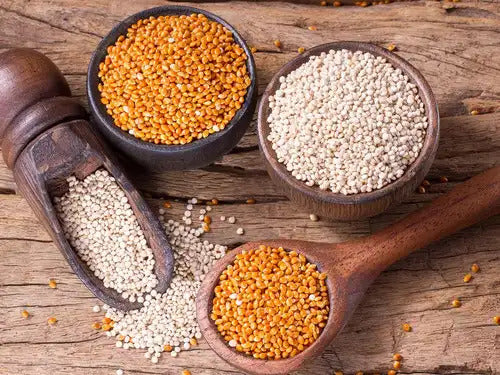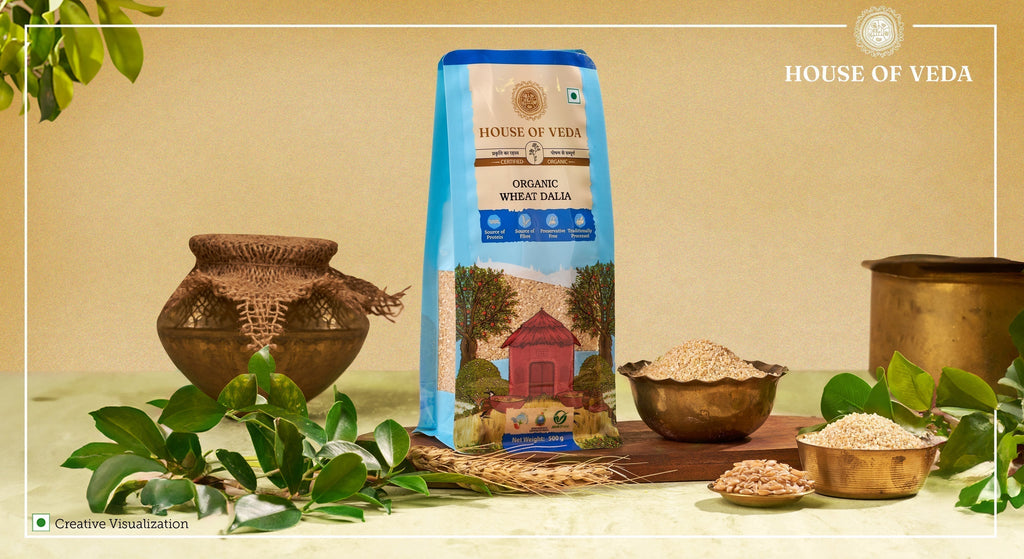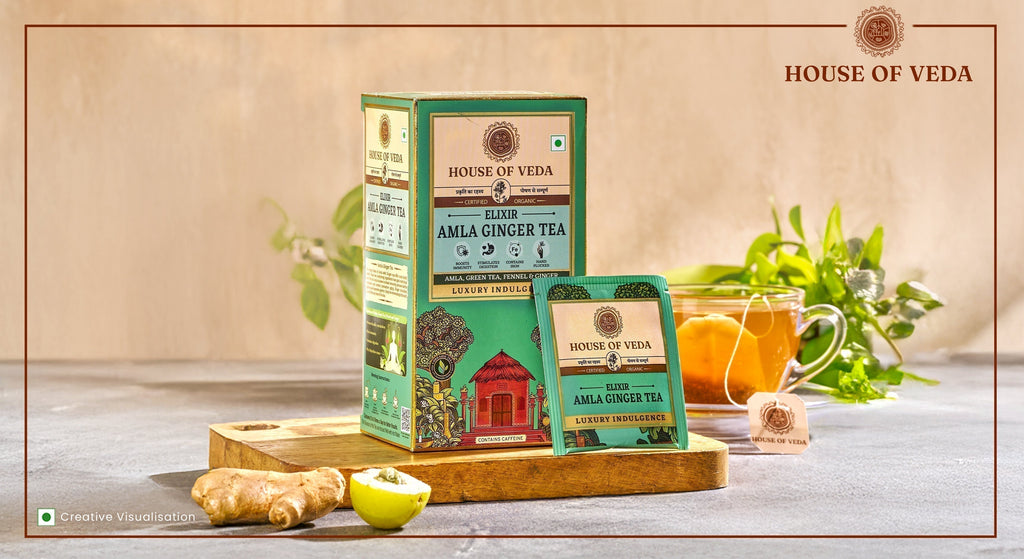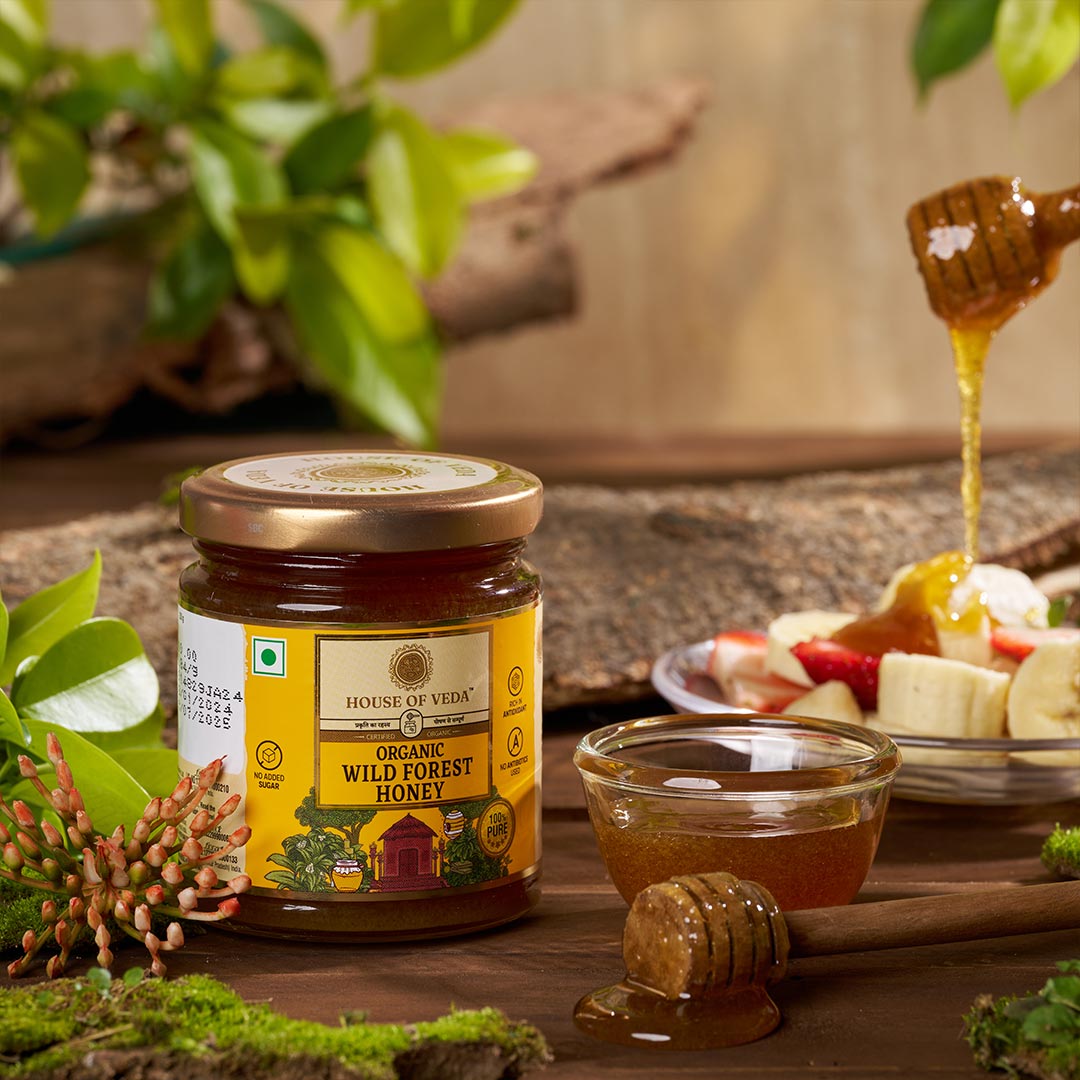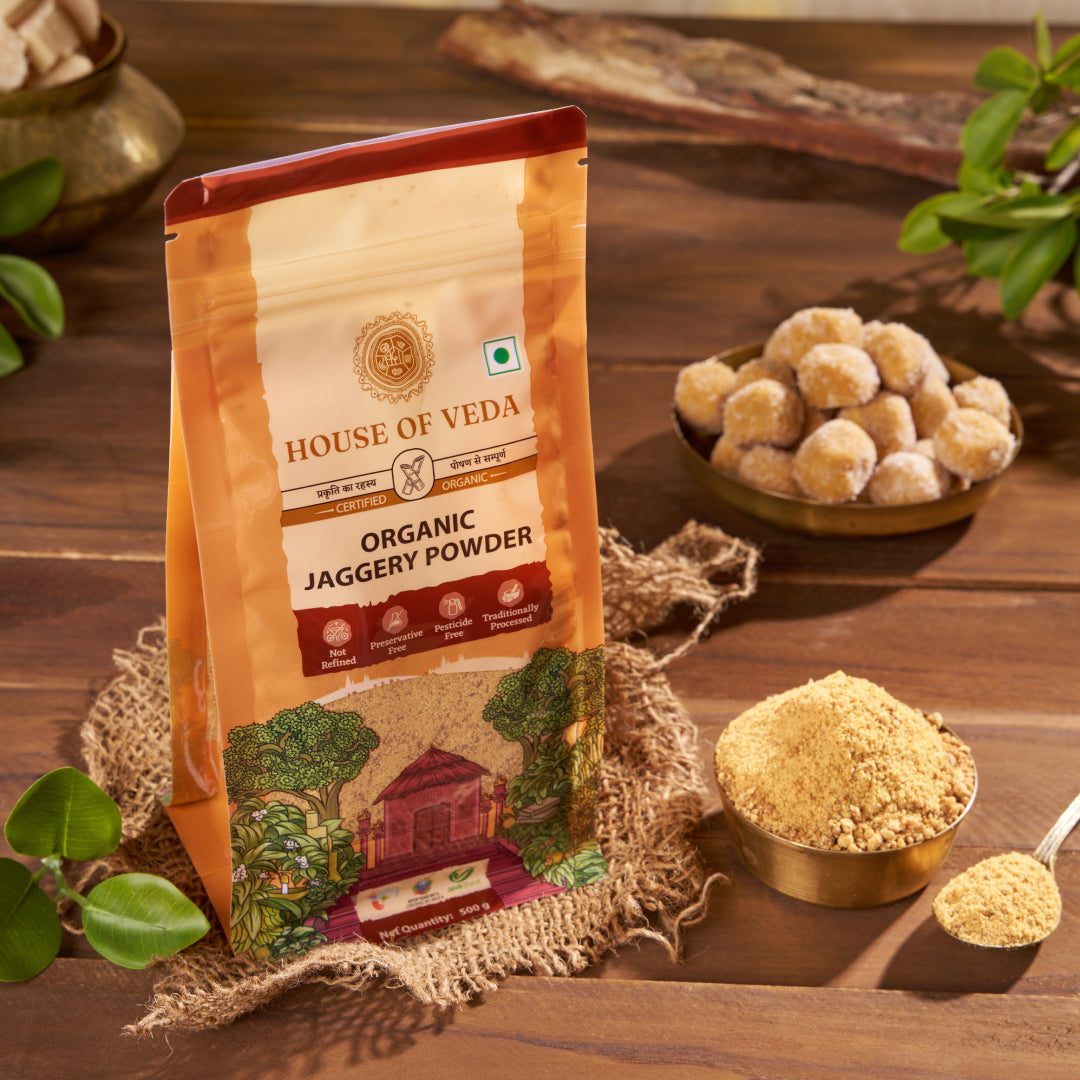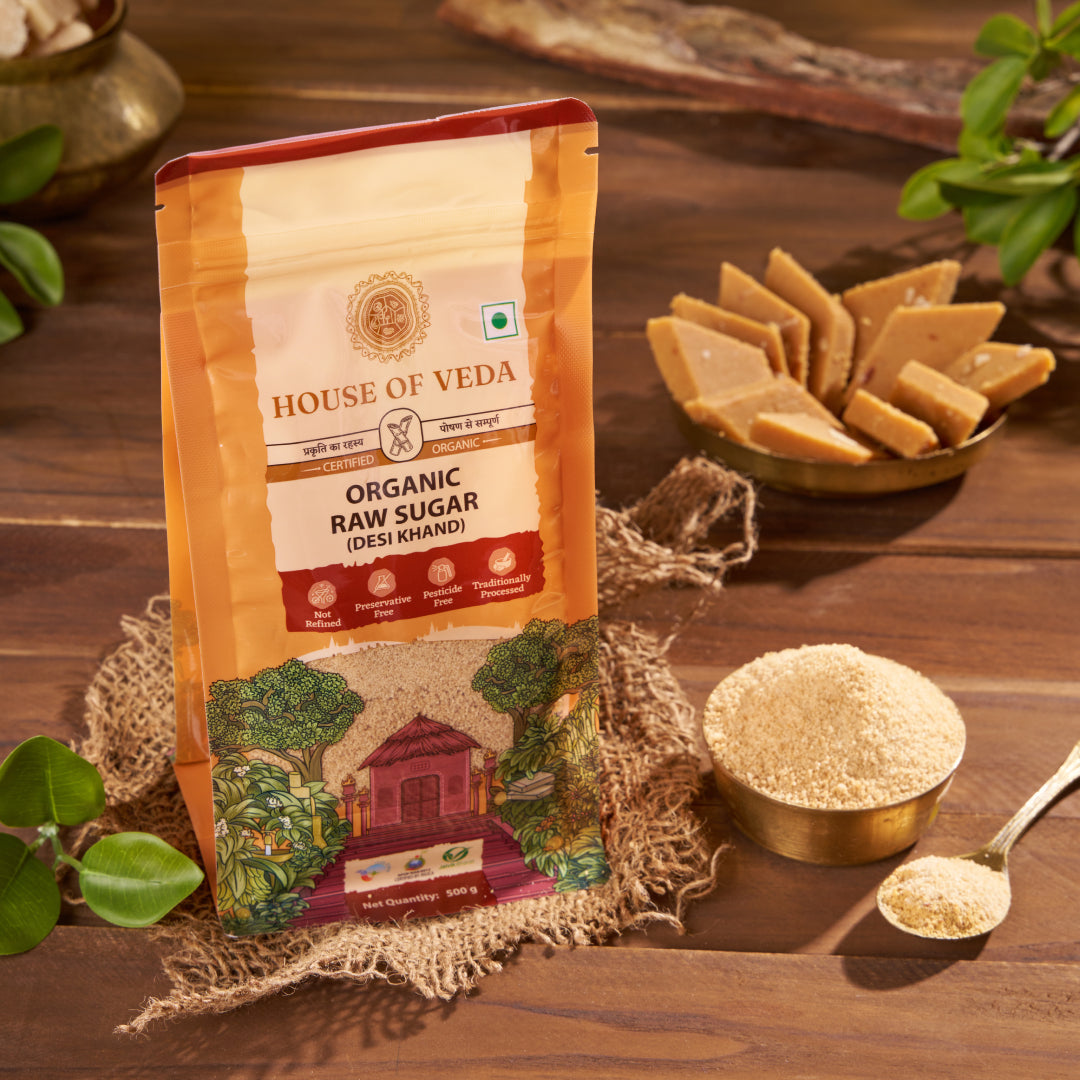
What is Organic Food, and Why Buy Organic Food Products?

The popularity of organic food has increased over the last two decades, and many consumers have already shifted to organic buying. However, there are still many who are not sure about switching to organic eating because of the myths associated with it. Some say nonorganic is tastier, while others believe that organic is expensive. This blog will give you a clear picture of organic and why one should make changes in their eating habits for their health and well-being.
What is Organic Food?
The word ‘Organic’ means how a particular food is grown and produced. Organic food refers to agricultural products that are grown and produced with organic methods of farming and doesn’t use any synthetic pesticides, artificial chemicals, fertilizers, hormones, genetically modified organisms (GMOs), antibiotics, and irradiation.
Therefore, any product that claims to be organic must be free from all chemicals and additives like preservatives, color, flavor, and sweetener. It is easy to recognize organic food products on this behalf. For instance, House of Veda has a range of products that are certified organic, be it Organic Pulses, oils, sweeteners, and teas.
Reasons to buy organic food products:
Health Benefits: When compared to conventionally grown food, organic food is healthier because it is produced by using safer techniques and has lower pesticide residues. In Organic farming, there’s no use of synthetic hormones and antibiotics in animal products, and this is why we should prefer organic eating over nonorganic one.
Environmentally friendly: It’s not only essential to take care of our health, but there is a need to understand what’s good for our environment and what’s not. Therefore, the government also promotes organic farming practices, which involve the protection of our natural resources, including soil, air, and water, and preserves the overall ecosystem health. As organic farming avoids the use of synthetic chemicals, it reduces pollution, and the harmful impact on the ecosystem is minimal. Organic farming practices include using conservation practices like crop rotation and composting.
No Use of GMOs: There are many health concerns related to GMOs in the long run. Therefore, shifting to organic for this reason is also related to our health and environmental concerns. Organic food doesn’t include the use of genetically modified organisms, and therefore it should be preferred over conventional food products.
Taste and Quality: There is a misconception that if it’s organic, it’s not that tasty, and they must pay more for it. However, the case is different, and organic foods have a better taste compared to nonorganic food. Since organic farming practices include enhancing soil quality, it results in more flavorful and nutrient-rich produce. And when it comes to expensive, nothing should be above your health. Organic is inexpensive when compared to the expenses involved in treatments, including damage caused to the body because of unhealthy eating practices.
In Favour of Sustainable Agriculture: When we all will start buying organic food products, it will give a huge supports local farmer who follow sustainable agricultural practices. It will also contribute to the growth of a more sustainable and strong food system.
Make a Shift Towards Organic Living
However, it is important to note that organic certification can be a complex and costly process for farmers, making organic products relatively more expensive than conventionally produced counterparts. It's also worth considering that conventionally grown fruits and vegetables are still subjected to strict safety regulations and quality standards. Ultimately, the decision to buy organic food products is a personal one based on individual preferences and priorities.


